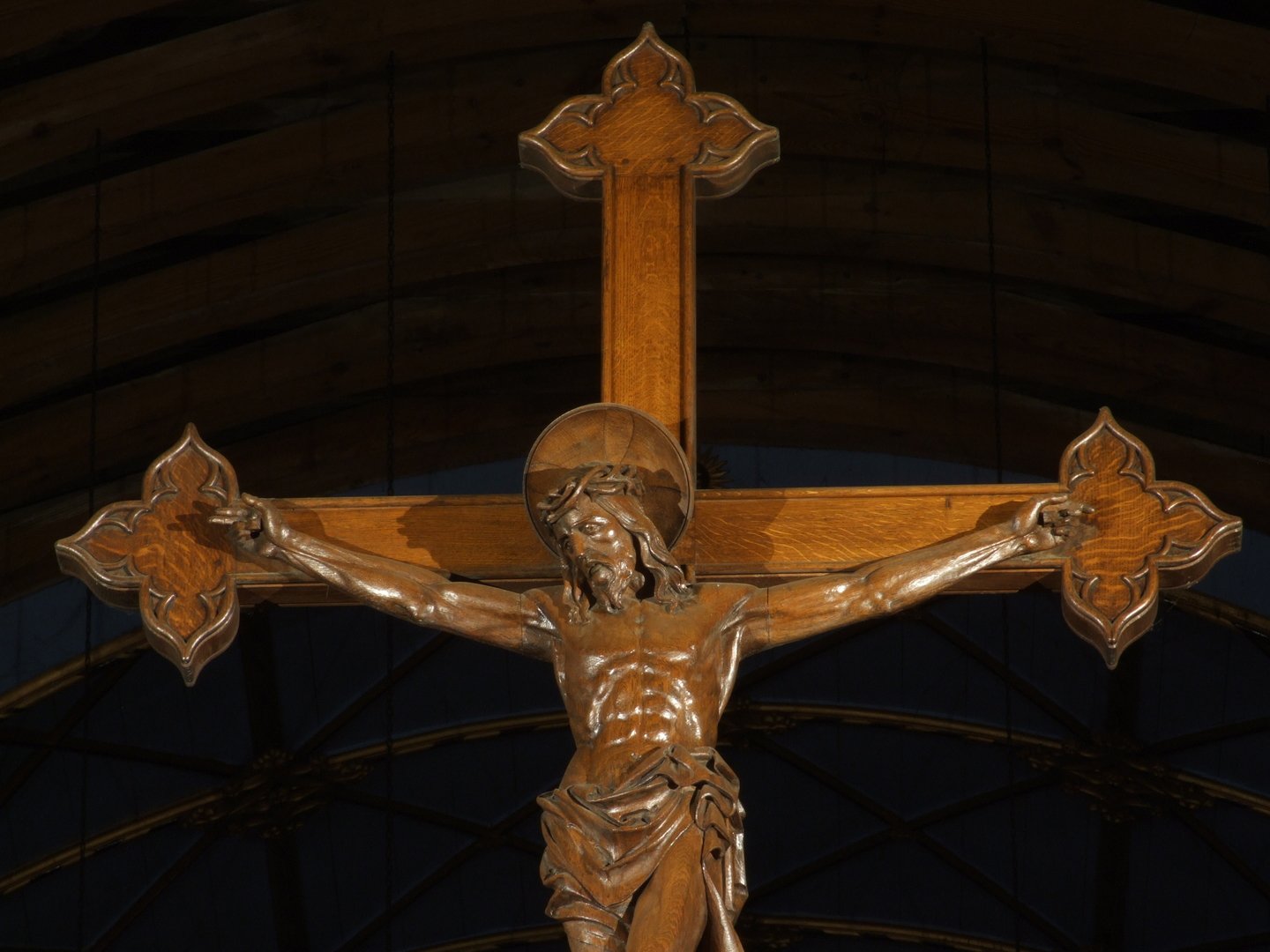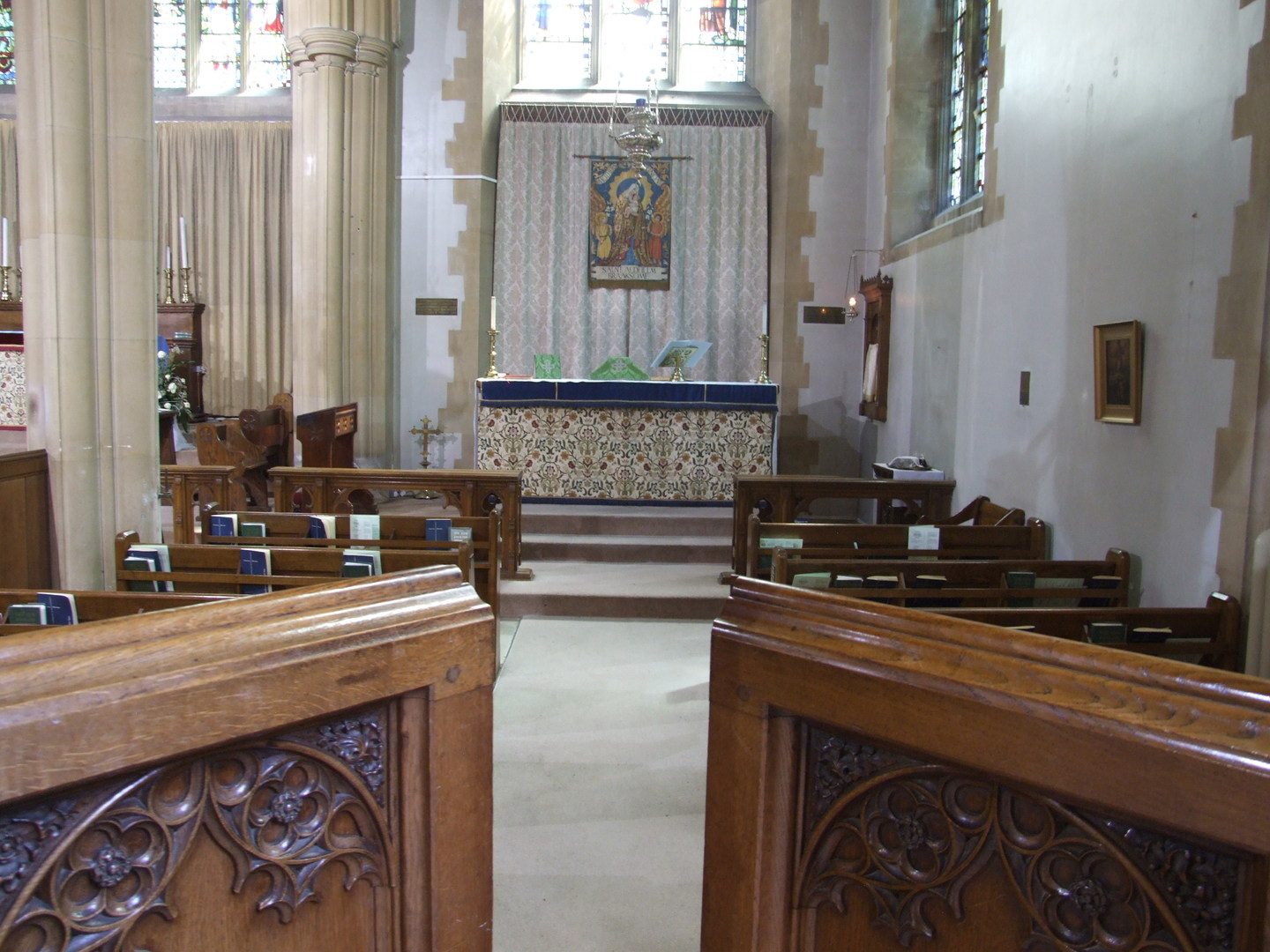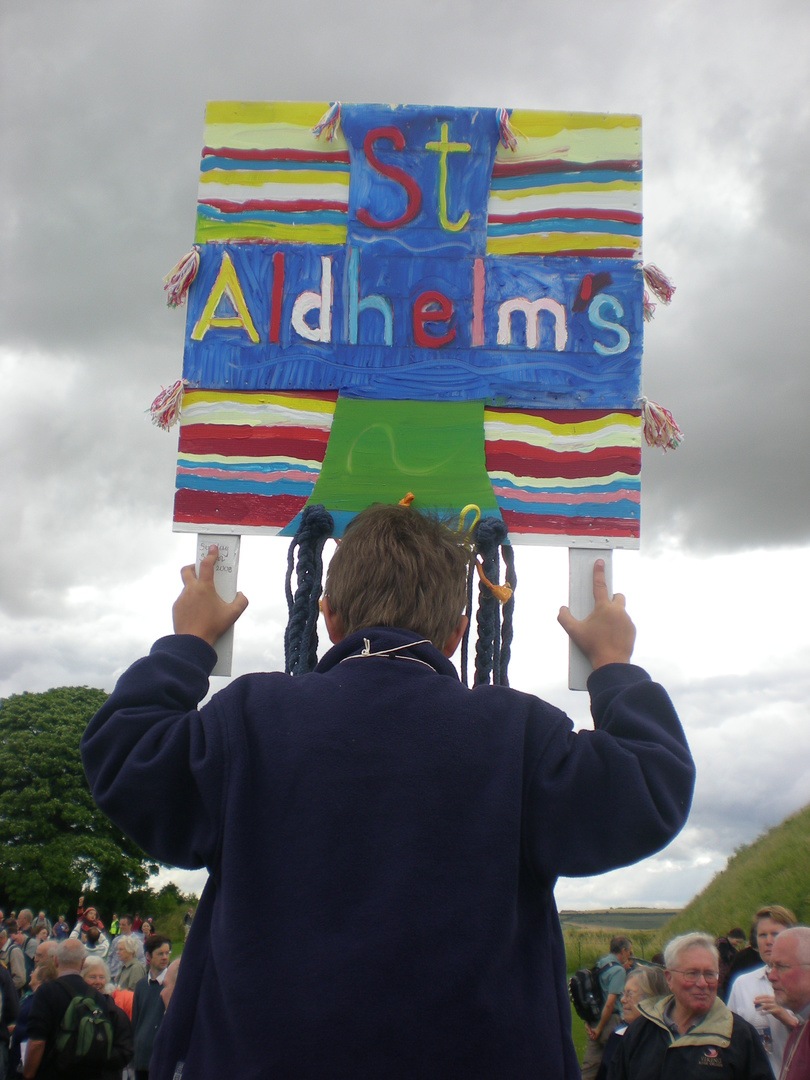Christians Believe….
In God the Father who made the world and who loves and cares for us.
In God the Son, Jesus Christ. He lived on earth and died on the Cross, rising from the dead on the third day. Day by day he brings us forgiveness and the gift of eternal life.
In God the Holy Spirit who inspires all Christians and helps them to do God’s will in the world.
The Church is….
The family of Christians meeting together to worship God and to find fellowship together in prayer and learning.
Our work is to spread the Good News of our faith and to encourage others to discover God’s love and His purpose for their lives.
The Eucharist….
The Eucharist, which is also called the Holy Communion, Mass, the Lord’s Supper or the Divine Liturgy, is a sacrament accepted by almost all Christians.
Christians don’t say that they ‘do’ or ‘carry out’ the Eucharist; they celebrate it. In some churches, the person who takes the leading role in the ceremony is called the celebrant.
What’s a sacrament?
Christians regard a sacrament as an outward sign of an inward grace or as an enacted truth. But that’s probably not that helpful…
Here’s another definition: A sacrament is an an action made holy or special because of its believed ability to demonstrate a religious truth, or a truth about God.
Think about it like this… if someone says “I love you” and you believe them, that’s great. If they say “I love you”, and put their arms round you and give you a great big hug, you get the truth of what they’re saying in a different and more powerful way. A hug is an outward sign of the love they have inside.
Or take some of the saints of old who gave their lives for others. Saying that you love all humanity is one thing. Dying to save others is a very powerful way of acting out the truth of your words.
The Eucharist is a re-enactment of the Last Supper, the final meal that Jesus Christ shared with his disciples before his arrest, and eventual crucifixion. At the meal Jesus ate bread and wine and instructed his disciples to do the same in memory of him.
The prayers and readings in a Eucharistic service remind those taking part of that final meal and of the solemn words and actions of someone standing at the edge of death.
At a particular point in the ceremony all are invited to come forward towards the high alter when they kneel and are given he bread and wine that represents Jesus’s Body and Blood. If you would like to take part ( and there is no pressure to) then please join the people, kneel and then hold out your hands.
Note that (during the Covid period you will receive only the bread and the celebrant will come to you to aid social distancing)



